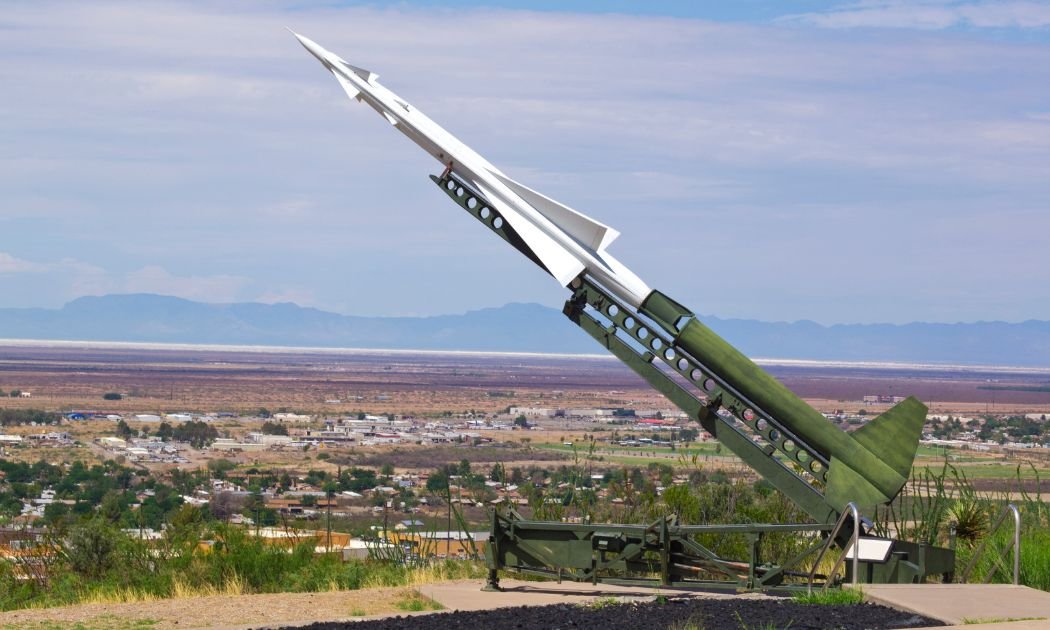India-Pakistan Conflict: Fresh Firing Follows Night of Heavy Cross-Border Attacks
Reports of Drone and Missile Strikes and Ceasefire Violations
May 9, 2025
Representative image
From the early hours of May 8 to the morning of May 9, a sharp escalation unfolded along the India-Pakistan border, particularly around the Line of Control (LoC) in Jammu and Kashmir. The 24-hour period was marked by intense military activity, with Pakistani troops reportedly resuming fire early on May 9, amid mutual accusations and growing international concern over the threat of a full-scale conflict.
The firing was reported across the LoC, including Kupwara and Uri areas, during the early morning hours, NDTV reported. This followed a series of drone and missile strikes, along with other munitions, launched by Pakistan’s armed forces across the western border during the night of May 8–9, according to the Indian Army. The attacks were concentrated along the LoC but also targeted Indian military installations beyond Kashmir, including in Punjab.
The Indian Army said it effectively repelled the drone and missile incursions and responded forcefully to what it described as “numerous ceasefire violations” carried out by Pakistani troops. A video released by the Army showed the destruction of a Pakistani post across the LoC, though the exact location was not revealed.
The Indian Army’s official statement on X said that these latest attacks were part of Pakistan’s “nefarious designs” and reaffirmed that India would defend its sovereignty with force. The statement described the retaliation as a “befitting reply” to the drone strikes and cross-border firing.
In Jammu city, located in Indian-administered Kashmir, local residents reported hearing explosions late night on May 8. Reuters journalists in Jammu reported that warning sirens, flashes in the sky and a complete power cut lasted for more than two hours as air-defence units tried to intercept what the Defence Ministry later described as “Pakistani-origin drones and missiles” aimed at army bases in the cities of Jammu, Udhampur and Pathankot.
These included drone and missile attacks which, according to the Indian military, were foiled, with India reportedly taking preventive action against Pakistan’s air defences.
Electricity cuts, flight cancellations and runs on essential goods were reported in parts of Punjab state and Jammu city in India as residents braced for further strikes.
Pakistan’s Defence Minister Khawaja Asif denied that Islamabad had carried out any strikes in Kashmir.
Pakistan’s Ambassador to the U.S., Rizwan Saeed Sheikh, defended Islamabad’s stance by claiming that his country was acting in self-defence following what he called Indian escalation. He referred to growing public pressure within Pakistan demanding retaliation and stated that Islamabad could not be expected to absorb strikes without a response. He dismissed India’s claim that its May 7 airstrikes were “non-escalatory” and added that Pakistan reserved the right to defend itself.
Speaking to CNN, Pakistan’s Information Minister Attaullah Tarar claimed that India was “spreading disinformation” and said no order had been given to strike Indian positions. Al Jazeera quoted other Pakistani officials saying they had so far adopted only “defensive” measures and shot down 25 Indian drones over cities including Rawalpindi and Lahore.
Pakistan’s ambassador in Washington, Rizwan Saeed Sheikh, warned that public opinion at home would not allow the government to “sit back like sacrificial lambs.”
India, for its part, has directed streaming platforms in the country to remove content originating from Pakistan. “In the interest of national security, all OTT platforms, media streaming platforms and intermediaries operating in India are advised to discontinue the web-series, films, songs, podcasts and other streaming media content … having its origins in Pakistan with immediate effect,” the Ministry of Information and Broadcasting wrote on X.
Delhi says its May 7 missile and air strikes against nine sites inside Pakistan – named “Operation Sindoor” (The term Sindoor refers to the red powder many Hindu women wear as a marital symbol) – were lawful reprisals for April 22 massacre of 26 tourists, all men, in a terror attack in Pahalgam, Kashmir. Pakistan denies any link to those killings.
Pakistan has so far claimed that 31 of its citizens have been killed in the conflict since May 7, while Indian authorities have reported that 16 villagers died due to Pakistani shelling during the same period.
Calls for restraint are growing louder.
U.S. Secretary of State Marco Rubio reportedly telephoned Indian Foreign Minister Subrahmanyam Jaishankar and Pakistani Prime Minister Shehbaz Sharif on May 8, urging them to “work closely to de-escalate”, according to the State Department.
Russia, China and the United Nations have issued similar appeals, while the U.S. Consulate in Lahore ordered staff to shelter in place during the night-time exchanges.
Both countries, which have fought two full-scale wars, have claimed Kashmir in its entirety since the 1947 partition.
A local insurgency in Kashmir rumbled for decades, and New Delhi maintains that the terror groups Lashkar-e-Tayyiba and Jaish-e-Mohammed—both based in Pakistan and labelled terrorist organisations by many governments—took part in the Pahalgam attack. Islamabad claims those networks have been dismantled.
For now, each government says it is ready to repel fresh attacks in the coming nights, and diplomats warn that a miscalculation could move two nuclear-armed neighbours even closer to open conflict.
You have just read a News Briefing by Newsreel Asia, written to cut through the noise and present a single story for the day that matters to you. Certain briefings, based on media reports, seek to keep readers informed about events across India, others offer a perspective rooted in humanitarian concerns and some provide our own exclusive reporting. We encourage you to read the News Briefing each day. Our objective is to help you become not just an informed citizen, but an engaged and responsible one.

